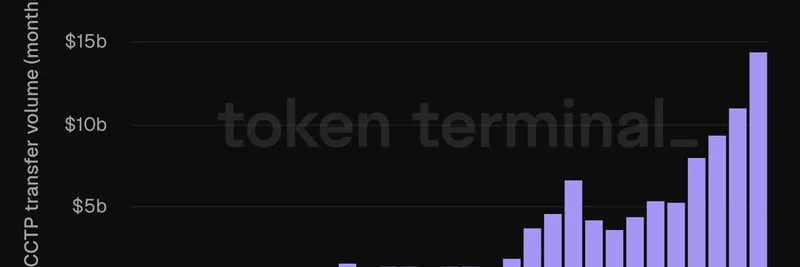In the fast-paced world of cryptocurrency, where fortunes can flip overnight, it's easy to lose sight of what started it all. A recent Twitter thread by @hmalviya9, a voice in the crypto space, cuts through the noise with a stark reminder: crypto was meant to be a counterculture movement, but it's veering off course. Let's unpack this discussion and see how it resonates, especially in the wild realm of meme tokens.
The thread kicks off with a blunt assessment: "No way a counterculture could survive when there is no ideological foundation behind it, and all you see people divided based on their biases, bags, and expectations." Here, "bags" refers to the crypto holdings people are emotionally and financially tied to, often leading to tribalism where folks defend their investments at all costs. The poster argues that crypto has "lost the plot" of being a true counterculture. But there's hope—a slim 1% chance—if the community drops ignorance, unites on core ethos, and adopts uniform rules of conduct.
This call to action emphasizes depth over superficial gains. Fear and greed, the twin engines driving many market moves, have overshadowed deeper values. The suggestion? Foster more content creators and writers who prioritize purpose over profit. Spotlight privacy and freedom—the bedrock of crypto's origins, like Bitcoin's aim to create a decentralized financial system free from central control. And encourage voices that share "uncomfortable truths," even if it means losing followers or reach.
Replies to the thread echo these sentiments, amplifying the conversation. One user notes, "crypto traded its soul for engagement farming and bag tribalism," highlighting how social media metrics and personal gains have hijacked the narrative. Another adds, "Without vision, tech becomes noise. The ethos has to lead or it fades." There's even a nod to the darker side: "People completely lost the core principle of blockchain. They openly scam community & people, this will only lead this environment into dark place."
A deeper reply from @hsrwala brings in the role of AI and privacy, pointing out the challenges in maintaining anonymity in a hyper-connected world. They argue that true adherence to crypto's ethos might require decoupling from money altogether, treating cryptography as a passion project rather than a profit machine. It's a sobering take: incentives for ethos are like insurance—you only value it during a crisis.
Tying this back to meme tokens, which often embody the fun, chaotic side of crypto, the thread's message hits home. Meme coins like Dogecoin or newer entrants thrive on community hype, but they can exemplify the very divisions and greed the poster warns against. Pump-and-dump schemes, celebrity endorsements, and viral marketing sometimes overshadow genuine innovation or utility. Yet, memes also democratize access, allowing anyone to participate in the counterculture spirit. If the meme community heeds this call—focusing on shared values like decentralization and transparency—they could lead the charge in reviving crypto's rebellious roots.
Ultimately, this thread isn't just a rant; it's a roadmap for redemption. By prioritizing education, ethical conduct, and uncomfortable conversations, the crypto space—including meme enthusiasts—can rebuild a foundation that's resilient against the pulls of fear and greed. If you're in blockchain for more than quick flips, it's worth reflecting on: are we building a better system, or just another echo chamber? Check out the full thread on Twitter and join the dialogue.

